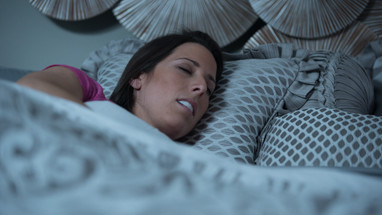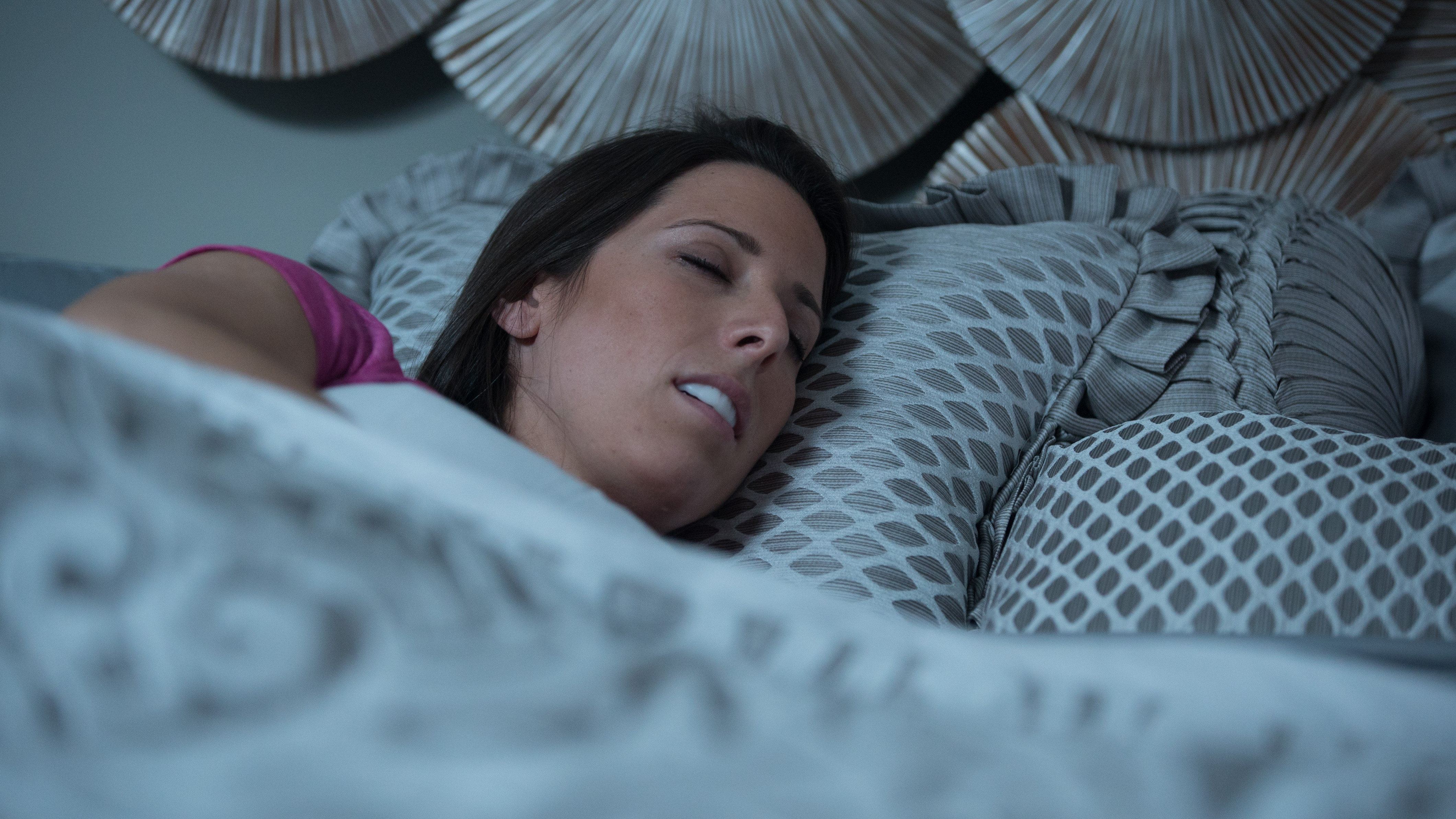Posted by Lisa Edwards on Mar 22nd 2017
Will a Mouth Guard Cure My Night Grinding?
Whether diagnosed with bruxism by a dentist or self-diagnosed, if you grind your teeth while you sleep, it is a good idea to protect your teeth from the damage caused by teeth grinding. The best protection for your teeth is a night guard. Night guards can dissipate the pressure across your jaw and create a barrier between your upper and lower teeth to protect them from further damage. They can also alleviate pain in the jaw and reduce any grinding noises you make at night.
There are many different types of night guards found over-the-counter, which might be good for a light night grinder. There are also custom made occlusal guards made by your dentist in a lab.
Although mouth guards and splints may help reduce muscle activity in your jaw at night, they're only able to control the condition, not cure it.
HOW TO ADDRESS BRUXISM?
FIND THE ROOT CAUSE
The first step in your treatment should be to identify and treat the root cause of your bruxism or clenching. Although there is no clear reason why bruxism occurs, there are studies that suggest that possible physical and psychological causes include:
- Emotions (stress, anxiety, or frustration)
- Abnormal alignment of teeth
- Sleep apnea
- A coping strategy or focusing habit
- Inability to relax
- Response to pain from an earache or teething (in children)
TREAT THE UNDERLYING CAUSE
- Psychological treatments, such as cognitive behavioural therapy (CBT), can be used to treat any underlying psychological problems, such as stress and anxiety, that may be causing you to grind your teeth.
- Stress Management techniques, If your bruxism is stress related, it's important that you try to relax. There are a number of things you can do to help you wind down before you go to bed. These include yoga, deep breathing, massage, reading, having a bath, listening to music.
AVOID CAFFEINE AND ALCOHOL
Studies have proven that increased consumption of caffeine or alcohol can put you at a higher risk for bruxism. Drinking alcohol or caffeine can increase arousal and the urge to grind, making it even more difficult to fall asleep.
EXERCISE THE JAW
You can help control your bruxism with daily jaw exercises. Jaw exercises will not only strengthen your jaw, but also relieve pain.
DON’T CHEW ON OBJECTS
Chewing on objects like pens and gum makes your jaw muscles used to grinding, making you more likely to grind your teeth. The only thing you should be chewing on is food.
When it comes to bruxism, you are not alone. Nearly 1 in 3 adults suffer from bruxism, but the good news is that it can be easily treated. Talk to you dentist about the best solution for you.



